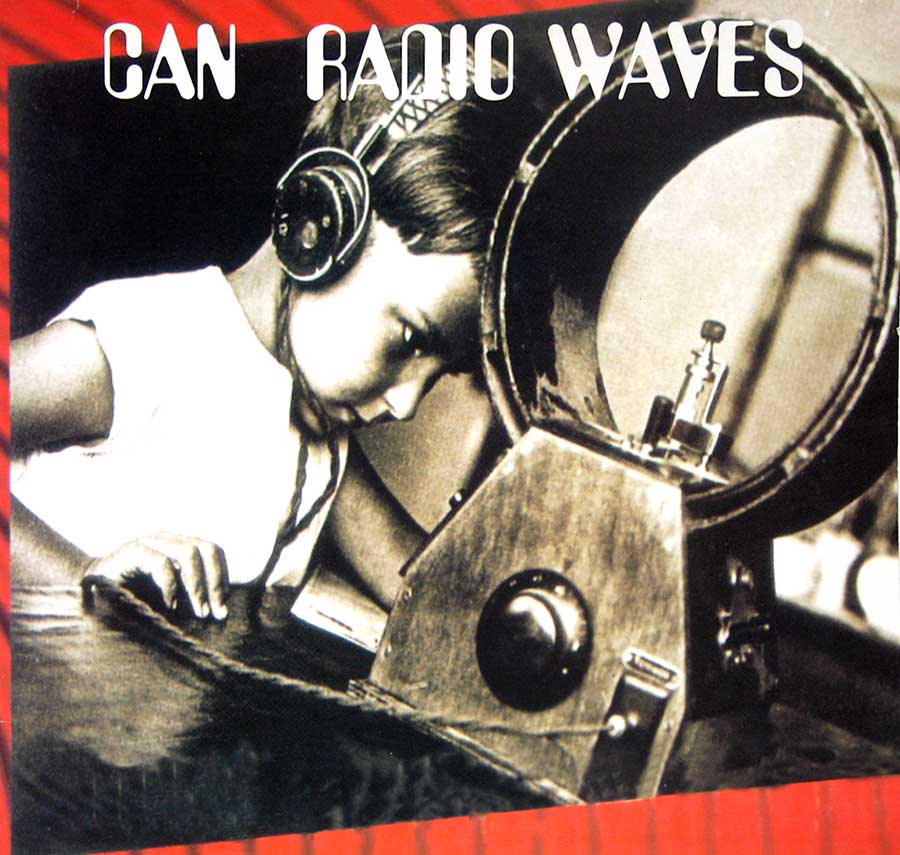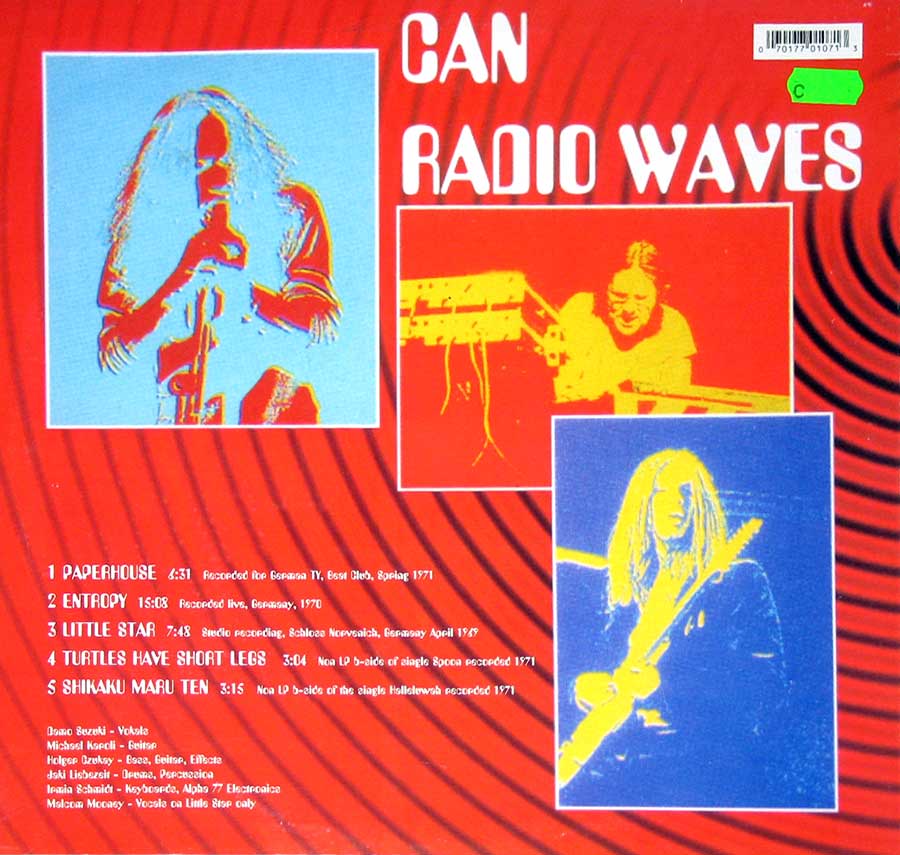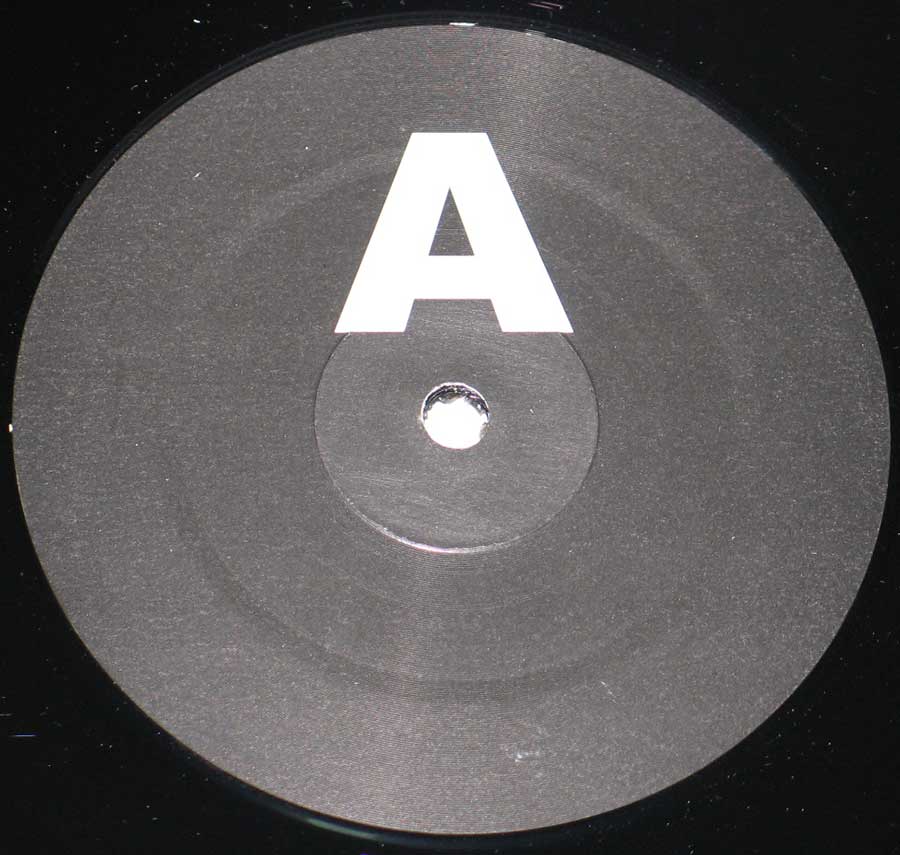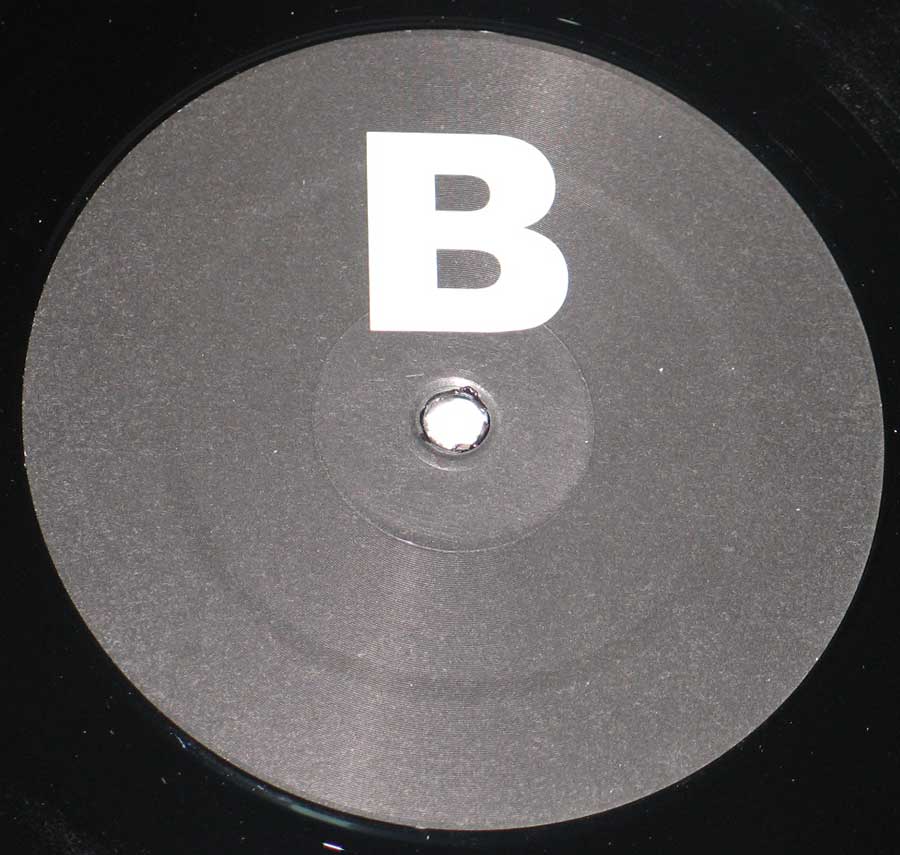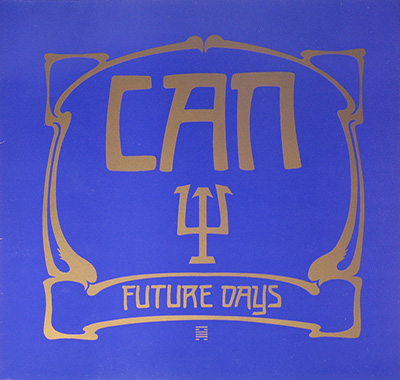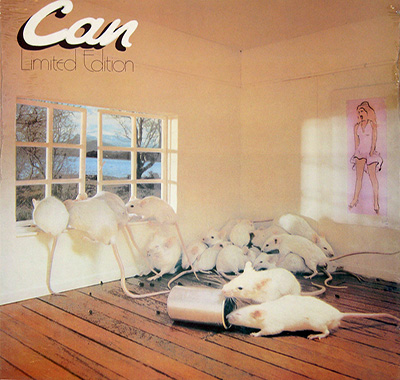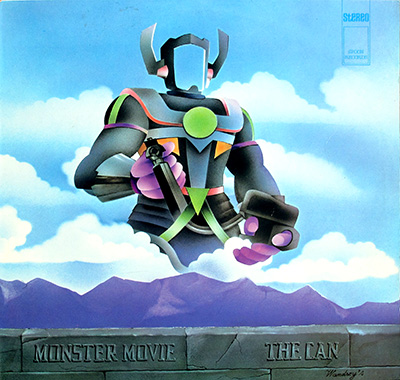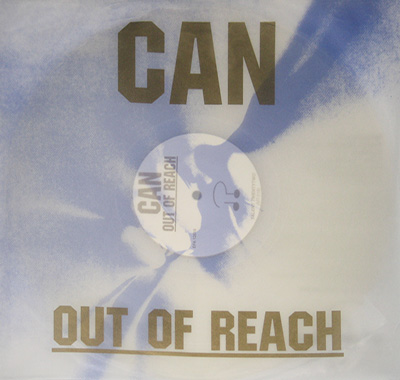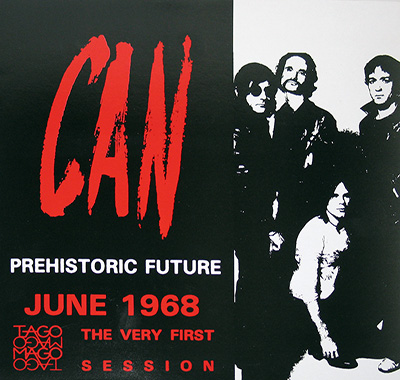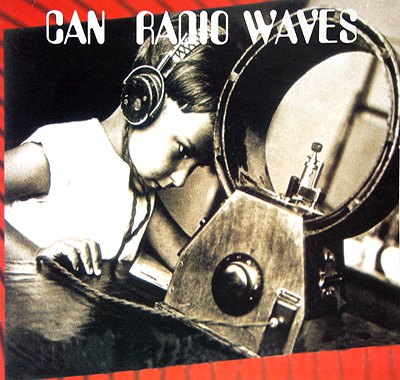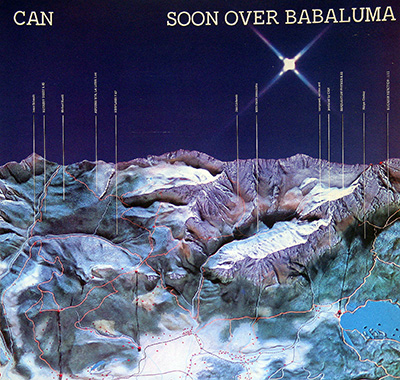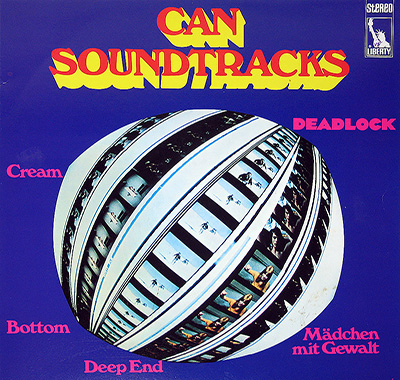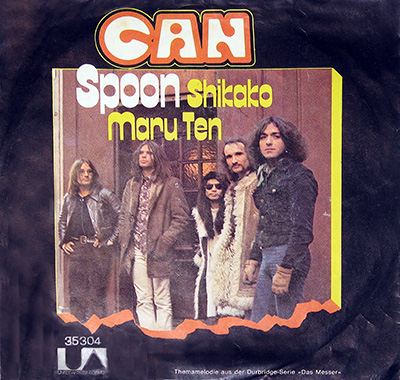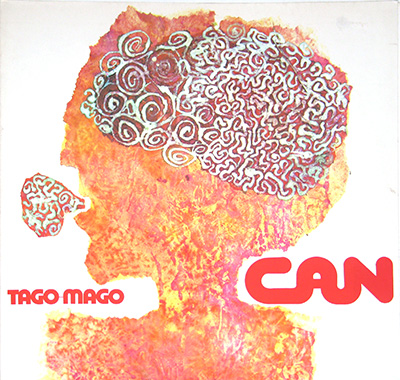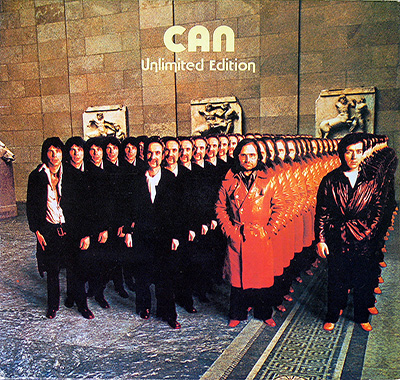"Radio Waves" Album Description:
In the late 1960s and early 1970s, a wave of experimental music swept across Europe, pushing the boundaries of traditional genres and paving the way for new sonic landscapes. Among the trailblazers of this movement was the German band CAN, whose 12" Vinyl LP Album, "Radio Waves," captures the essence of their groundbreaking sound.
The time period between 1969 and 1972 was a tumultuous yet creatively fertile era for music. The world was in the throes of social and political change, and artists sought to express these shifts through their craft. CAN emerged in this transformative atmosphere, and "Radio Waves" serves as a sonic time capsule, preserving rare live and studio recordings from the band's formative years.
The album opens with "Paperhouse," a mesmerizing track recorded during a Beat-Club TV session in the spring of 1971. Clocking in at 6:31, the song unfolds with hypnotic rhythms and unconventional structures, characteristic of CAN's improvisational approach. The live recording adds an extra layer of energy, showcasing the band's prowess in a live setting.
"Entropy" follows, a sprawling 15:08-minute journey captured during a live performance in Germany in 1970. This extended piece exemplifies CAN's ability to create immersive sonic experiences, blurring the lines between conventional song structures and avant-garde experimentation. The live setting allows the band to stretch their musical boundaries, inviting the audience into a sonic odyssey.
The album takes a detour with "Little Star," a 7:48 studio recording at Schloss Norvenich, Germany, in April 1969. This track provides a glimpse into CAN's early studio sessions, where they began to shape their distinctive sound. The experimental nature of the piece reflects the band's willingness to explore uncharted musical territories.
"Turtles Have Short Legs," a 3:04 gem, serves as a non-LP B-side of the single "Spoon," recorded in 1971. This addition to "Radio Waves" highlights CAN's versatility, incorporating playful elements into their repertoire. The track's infectious rhythm and whimsical melody demonstrate the band's ability to balance experimentation with accessibility.
Closing the album is "Shikaku Maru Ten," a 3:15 non-LP B-side of the single "Halleluwah," recorded in 1971. The song encapsulates CAN's penchant for blending genres, incorporating elements of rock, jazz, and electronic music into a cohesive sonic tapestry. The unconventional time signatures and layered textures showcase the band's commitment to pushing the boundaries of traditional musical norms.
"Radio Waves" stands as a testament to CAN's influential role in shaping the experimental music landscape of the late 1960s and early 1970s. The album captures the band's evolution, from early studio recordings to expansive live performances, offering listeners a glimpse into the creative fervor of a bygone era. As we delve into the sonic realms of "Radio Waves," we embark on a musical journey that transcends time, resonating with the spirit of innovation that defined an era of musical revolution.
